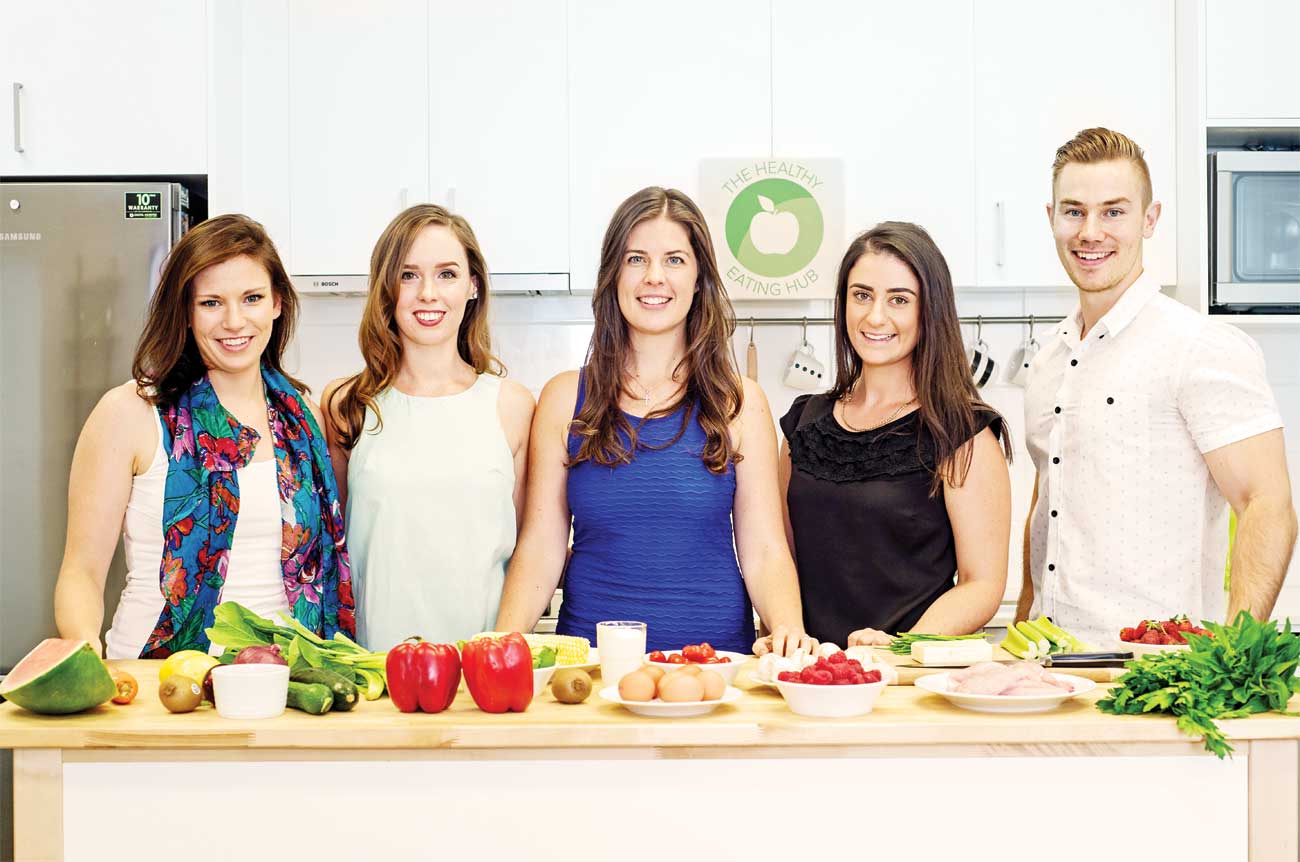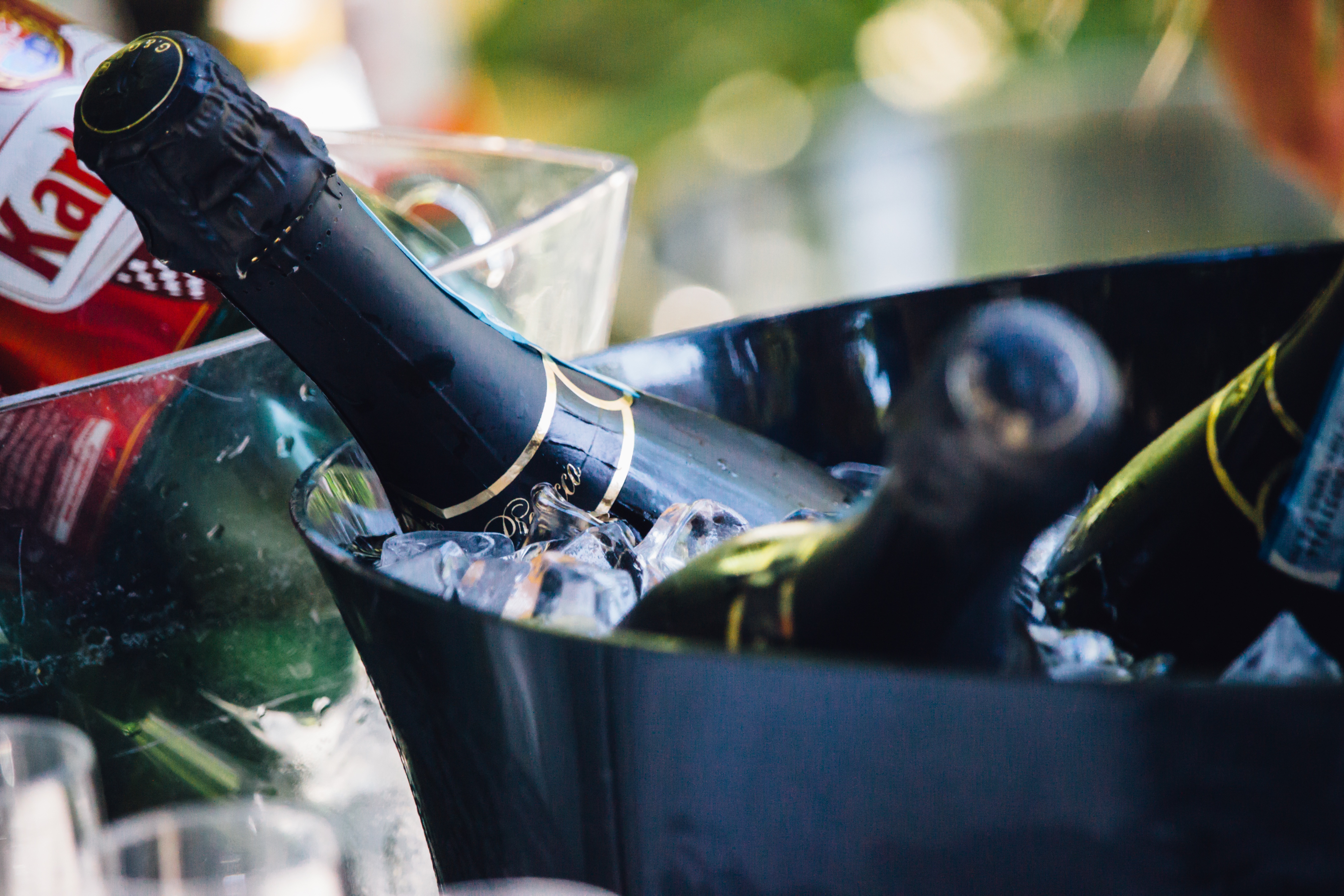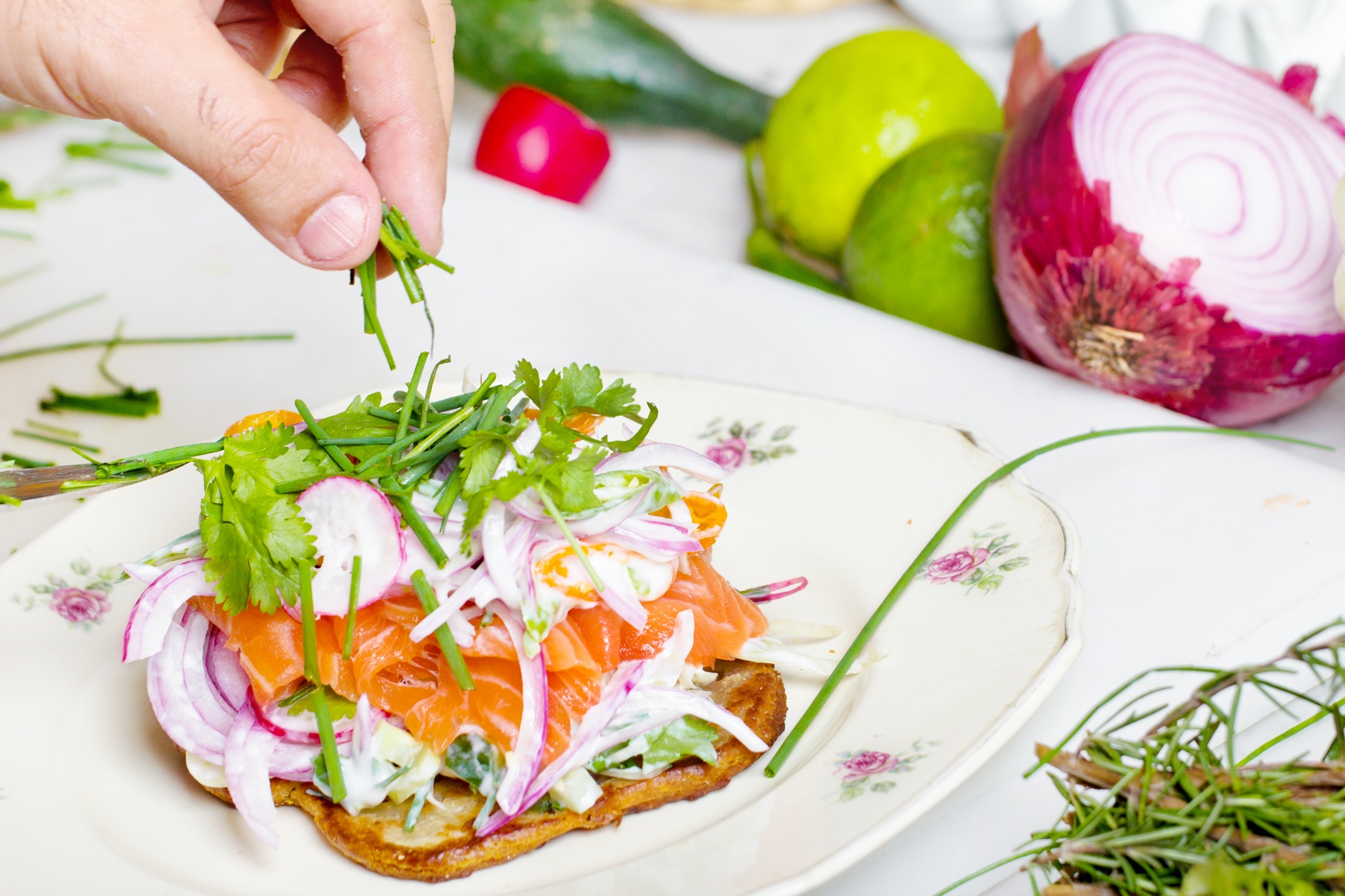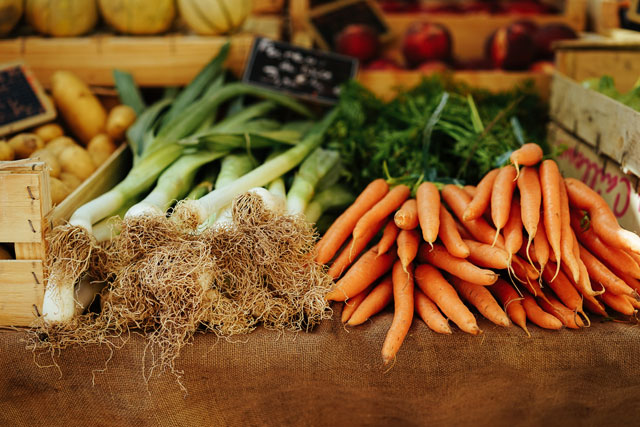How to eat like a Nutritionist: Holiday Edition

With the silly season approaching most of our calendars are beginning to fill with Christmas lunches, after-work drinks and social events galore. While it’s a time to celebrate and enjoy time with family, friends and colleagues, it’s also a time where most of us overindulge and add a few extra unexpected kilos.
To prepare us for the upcoming holidays, we chat to the team from The Healthy Eating Hub who share with us their top tips on how to beat the bulge these holidays.
Plan & Prep
Planning and preparation is the cornerstone of healthy eating and weight maintenance. Plan out the social events you have on and what you can do to moderate food choices. That doesn’t mean the death of spontaneity. Plan changes – at least if you have planned ahead you can make an informed choice.
Prioritise what’s important to you in each situation. Is having drinks at every Christmas gathering more important than maintaining weight? Then pick a few events to drive to.is it more important to have bought biscuits at the office morning tea, or to have a slice of cake at your friends birthday? If it’s not a definitive yes, then it’s a no. Be selective and discerning.
Eat mindfully. Once you have made a food decision enjoy it. Eat slow and appreciate how special this social occasion is.
- Clare Wolski, Master of Nutrition and Dietetics (2014)

Stock Up
Have supplies. Stocking up on pantry basics is a must. By having some common items on hand in your pantry, it is easier to quickly and cheaply create a healthy meal or snack. My pantry musts include: tinned tomatoes (salt reduced), stock, breakfast cereal (high fibre), bread, cooking oil, baked beans or other tinned beans, just to name a few. More often than not these pantry items are usually cheap and they last.
Plan around your pantry basics! Meal planning is the cornerstone to surviving on a tight budget. Plan around your timetable by making sure you have enough healthy snacks and meals for the week.
Never go shopping on an empty stomach.
Being prepared means that you won’t turn ‘hangry’ and be tempted to buy everything in sight. Carry a piece of fruit in your bag or a muesli bar as an option.
- Rebecca Mete, Master of Nutrition and Dietetics (2015)

Superfoods 101
There is no set definition for a superfood, but most nutrition professionals agree that it’s a food superior in its class. For example 100g of broccoli contains more nutrition than 100g of cucumber, making it more superior. Natural yoghurt is superior as it contains live bacteria and no added sugar when compared to more dessert based dairy products with no live bacteria and added sugar.
Most fruit and vegetables, being highly nutrient dense can be considered superfoods.
Not all foods that receive the superfoods label in mainstream media are superior to other foods. For examples, kale is often dubbed as being super, yet it is not more superior than other green vegetables. The same goes for super dried berries, superfood powders and coconut oil.
The most legit superfoods are vegetables and fruits; broccoli, spinach, carrot, capsicum, kale, sweet potato, strawberries, blueberries, apples etc. five serves of there per day and you reduce your risk of all-cause mortality by up to 20%.
- Kate Freeman, Bachelor of Human Nutrition (2004)

Portion Control
One of the biggest mistakes I see is portion control. Cutting portions drastically results in daily food intake volume plummeting which leaves people hungry. Volumisation is bulking up meals through less energy sparse options, while reducing some of the energy dense foods. For example, swapping normal rice for cauliflower rice, saves on calories, increases the volume and increases vegetable intake.
- James Kuhn, Bachelor of Coaching Science (2013)

